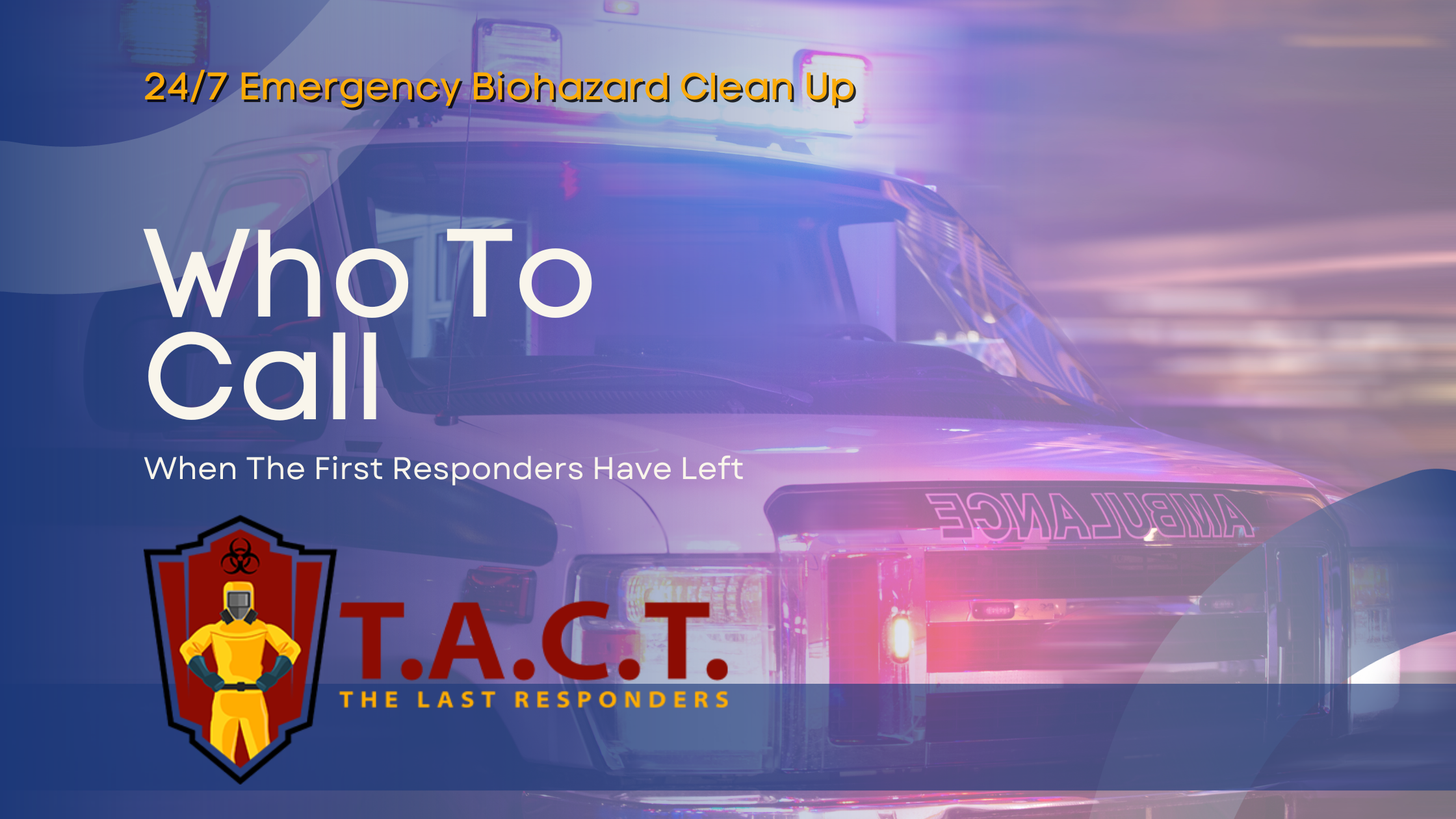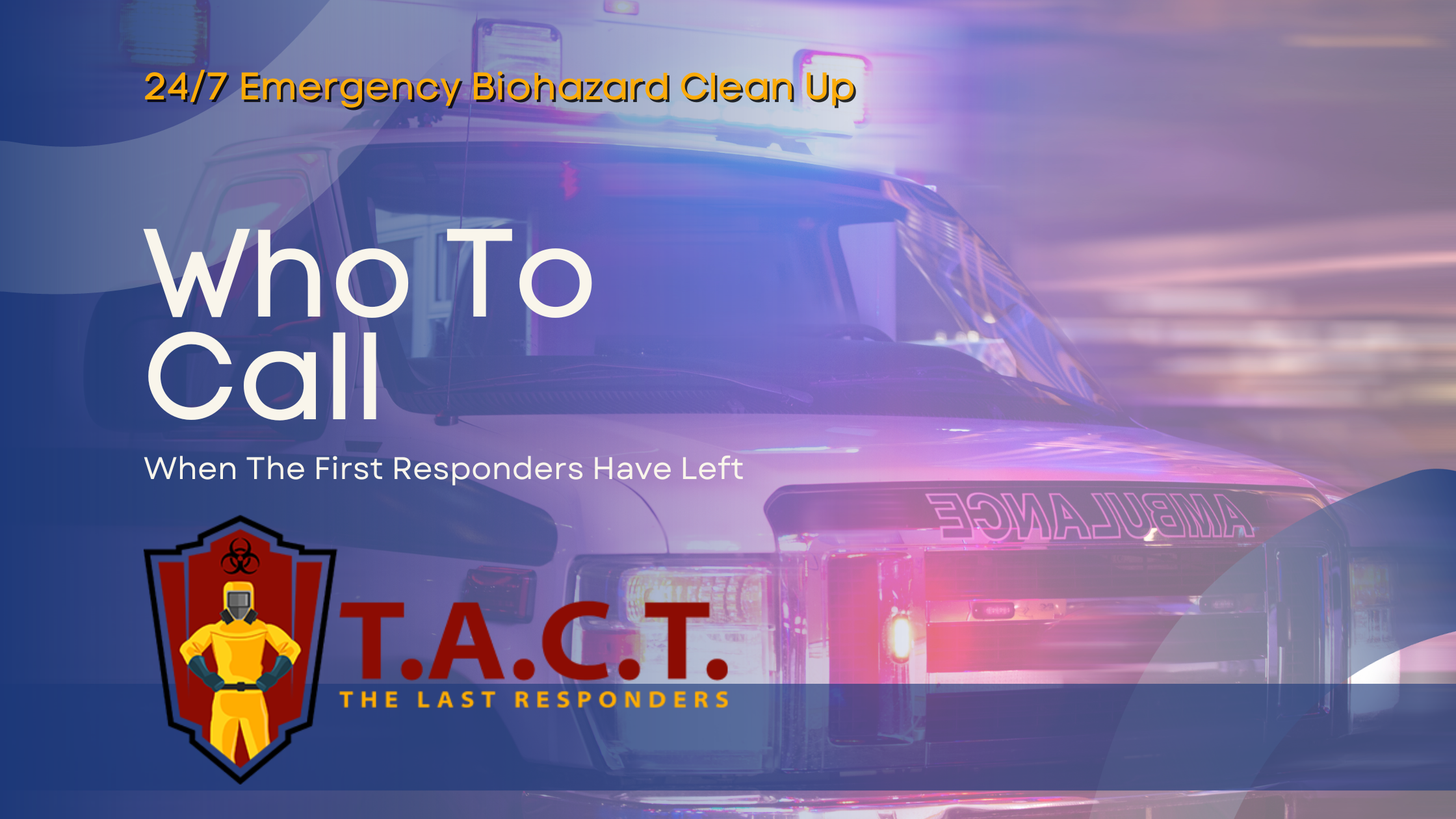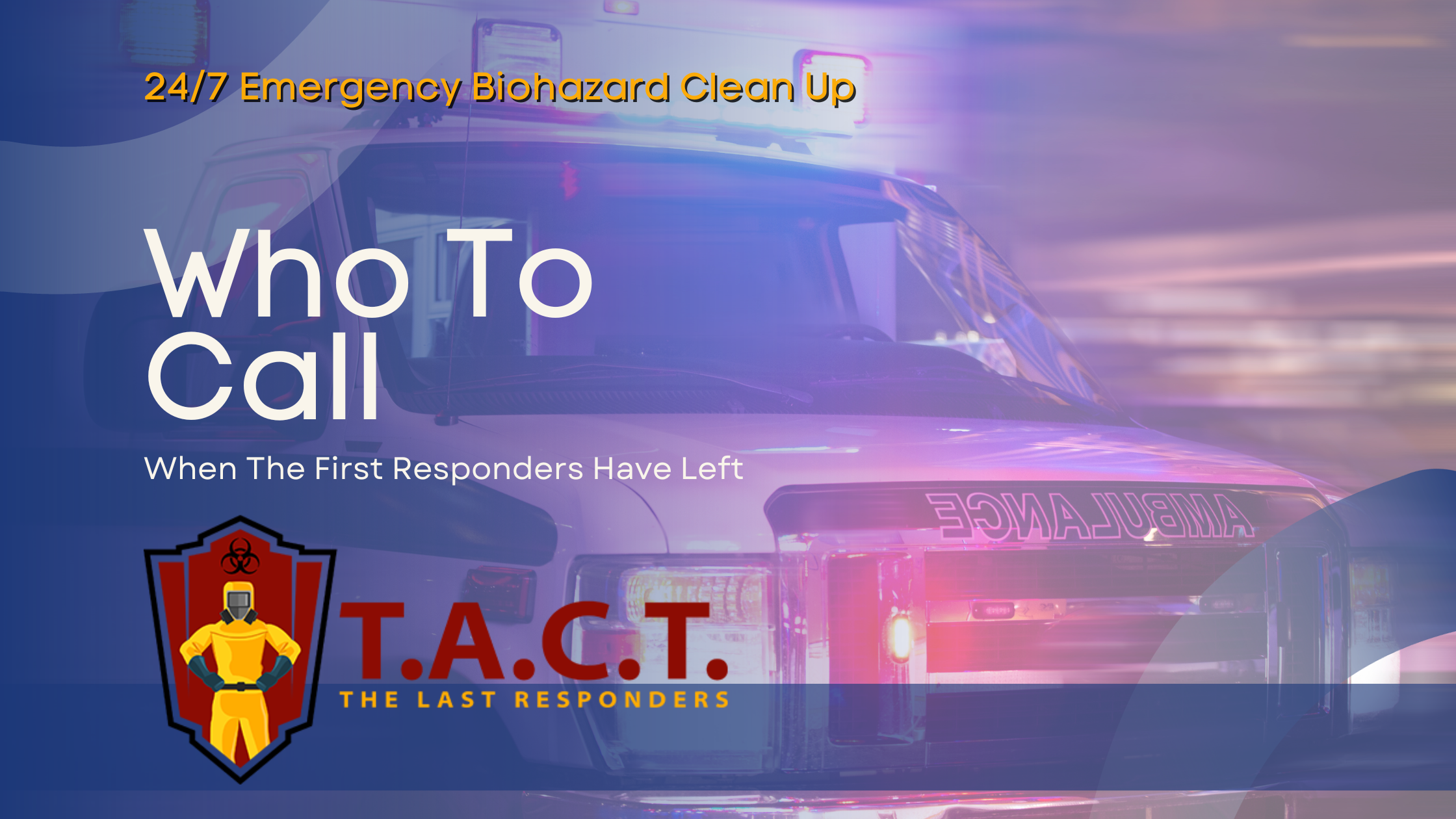Practical Solutions for Cleanup Costs

Effective Financial Assistance for Hoarders: Practical Solutions for Cleanup Costs
Hoarding can pose significant challenges not only to physical health and safety but also to financial well-being. Families burdened by severe hoarding issues often struggle to cover cleanup costs, adding stress to an already complex situation. Thankfully, there are financial assistance programs and practical steps individuals can take to address these expenses.
If you or a loved one is facing hoarding cleanup in Atlanta, TACT of North Atlanta offers expert assistance with compassion and care. This guide will explore the costs associated with hoarding cleanup, available financial assistance, and strategies to manage expenses efficiently.
Understanding Hoarding Cleanup Costs
Professional hoarding cleanup services are essential for restoring a safe, clean living environment. However, the associated costs can feel overwhelming. Factors influencing cleanup costs include:
- Level of Clutter: The amount and type of items requiring removal greatly affect labor time and disposal fees.
- Health Risks: Properties with biohazards, pest infestations, or mold often require specialized safety measures, increasing costs.
- Property Damage: Structural repairs due to hoarding-related damage can add unexpected expenses.
On average, the cost of hoarding cleanup can range between $1,000 and $4,000, depending on the severity of the situation. Additionally, properties impacted by hoarding may lose value, leading to potential long-term financial losses.
Choosing professionals like TACT of North Atlanta ensures the job is done safely and efficiently, minimizing risks and protecting property value.
Available Financial Assistance for Hoarders
Many families are unaware of the array of financial resources available to help offset cleanup costs. Here are key sources of assistance:
1. Government Programs
Government agencies often support hoarding cleanup efforts to promote public health and safety. Programs vary by location but may include:
- Health and Safety Grants: Some local governments provide funding for cleanup to address severe safety hazards.
- Housing Assistance Programs: Cleanup costs may qualify under certain housing initiatives aimed at maintaining livable conditions.
Eligibility typically depends on factors such as income, property condition, and the extent of the hoarding situation. Contact your local housing or health department for details on programs available in the Atlanta area.
2. Social Service Agencies
Social service organizations can help families struggling with hoarding by connecting them with financial resources, including:
- Grants or financial aid to cover cleanup costs.
- Support services like case management and mental health referrals.
- Partnerships with professional cleanup companies for reduced fees.
Organizations like mental health associations or hoarding-specific nonprofits often assist individuals in distress, making it worthwhile to explore these options.
3. Community Organizations
Local charities and community groups frequently run initiatives to alleviate the financial burden of hoarding cleanup. These organizations may:
- Provide volunteer labor to assist with cleanup tasks.
- Fundraise through donations to cover service costs.
- Offer emotional and logistical support throughout the process.
Groups in Atlanta often collaborate with professionals like TACT of North Atlanta, ensuring quality service while easing financial strain.
4. Grants for Hoarding Cleanup
Specific grants may be available to fund hoarding cleanup due to health and safety concerns. Grant amounts range widely, with some awards reaching several thousand dollars.
Key factors influencing eligibility include:
- Income level of the applicant.
- Severity and impact of the hoarding situation.
- Geographic location.
Researching local grant opportunities is essential as availability and criteria vary.
Steps to Apply for Financial Assistance
If you’re seeking financial aid for hoarding cleanup, follow these steps to streamline the process:
- Identify Funding Sources: Research local grants, government programs, or organizational initiatives that provide assistance for hoarding cleanup.
- Gather Documentation: Prepare necessary paperwork, such as proof of income, property ownership, or medical assessments.
- Complete Applications: Accurately fill out forms with detailed information to avoid delays.
- Submit on Time: Ensure all required documents are submitted before the deadlines.
- Follow Up: Contact the relevant agencies to confirm receipt and check application status.
Need Help with Applications?
The team at TACT of North Atlanta can guide you in exploring financial assistance options and understanding the application process.
Managing Hoarding Cleanup Expenses
Facing hoarding cleanup expenses can feel daunting, but effective planning and strategies can ease the burden:
Create a Budget
- Incorporate costs for labor, waste disposal, and property repair.
- Account for hidden expenses like pest control or mold remediation.
Sell or Donate Items
- Offset expenses by selling valuable clutter.
- Donate usable items to minimize waste disposal costs.
Work With Professionals
Experienced cleanup companies like TACT of North Atlanta provide efficient and affordable services, helping you save time and money while ensuring thorough cleaning.
Identifying Hidden Costs in Hoarding Cleanup
Often, unforeseen issues lead to additional expenses. Hidden costs may include:
- Pest Extermination: Clearing pest infestations caused by accumulated debris.
- Mold Removal: Remediation of mold growth in neglected areas.
- Structural Repairs: Fixing damage from overloaded floors or walls.
Planning for these costs ensures no financial surprises.
The Role of Homeowners Insurance
Most standard homeowners insurance policies do not cover hoarding cleanup costs, often classifying them as "maintenance issues." However, some insurers may cover:
- Fire or water damage related to hoarded items.
- Biohazard conditions resulting from insured events.
Review your policy carefully and consult your insurer to explore potential coverage.
Preventative Measures to Avoid Future Hoarding
Addressing the root causes of hoarding is crucial for long-term success. Preventative steps include:
- Decluttering Routines: Set daily or weekly goals to reduce clutter.
- Therapeutic Support: Work with counselors to address hoarding behaviors.
- Community Groups: Join support groups for shared experiences and accountability.
Creating sustainable habits helps maintain a safe and healthy environment.
Emotional and Psychological Support for Hoarders
Hoarding often stems from deep psychological challenges. Seeking counseling or therapy can be vital in overcoming these struggles:
- Cognitive Behavioral Therapy (CBT): A proven method for addressing compulsive hoarding behaviors.
- Family Support: Engaging loved ones in the process fosters understanding and encouragement.
- Professional Guidance: Therapists and social workers provide structured strategies to help hoarders manage emotions and possessions.
Compassionate Support in Atlanta
At TACT of North Atlanta, we understand the emotional toll of hoarding and offer our clients empathetic, discreet, and reliable cleanup services.
Why Choose TACT of North Atlanta?
When it comes to hoarding cleanup in Atlanta, TACT of North Atlanta stands out as a trusted partner. Our team delivers:
- Professional Expertise: Thorough and efficient cleaning to meet industry standards.
- Compassionate Care: We approach every situation with respect and sensitivity.
- Reliable Service: Whether addressing severe hoarding or biohazard concerns, we’re here to help.
Take the First Step Today
Facing a hoarding situation can be overwhelming, but you don’t have to do it alone. Contact TACT of North Atlanta for professional, compassionate cleanup services customized to your needs.
Call us today at 404-985-5461 or visit tactnorthatlanta.com to schedule a consultation and learn how we can assist you.
Reclaim your space and peace of mind with TACT of North Atlanta—the experts in compassionate hoarding cleanup.



